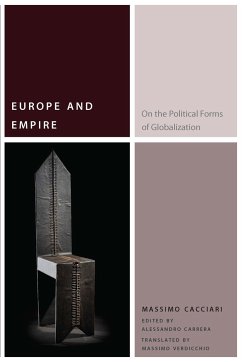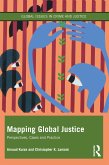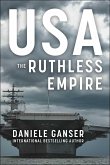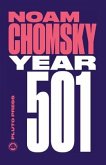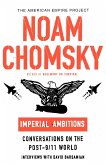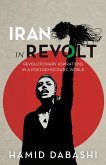The European Union and the single currency have given Europe more stability than it has known in the past thousand years, yet Europe seems to be in perpetual crisis about its global role. The many European empires are now reduced to a multiplicity of ethnicities, traditions, and civilizations. Europe will never be One, but to survive as a union it will have to become a federation of "islands" both distinct and connected. Though drawing on philosophers of Europe's past, Cacciari calls not to resist Europe's sunset but to embrace it. Europe will have to open up to the possibility that in few generations new exiles and an unpredictable cultural hybridism will again change all we know about the European legacy. Though scarcely alive in today's politics, the political unity of Europe is still a necessity, however impossible it seems to achieve.
Hinweis: Dieser Artikel kann nur an eine deutsche Lieferadresse ausgeliefert werden.
Hinweis: Dieser Artikel kann nur an eine deutsche Lieferadresse ausgeliefert werden.

